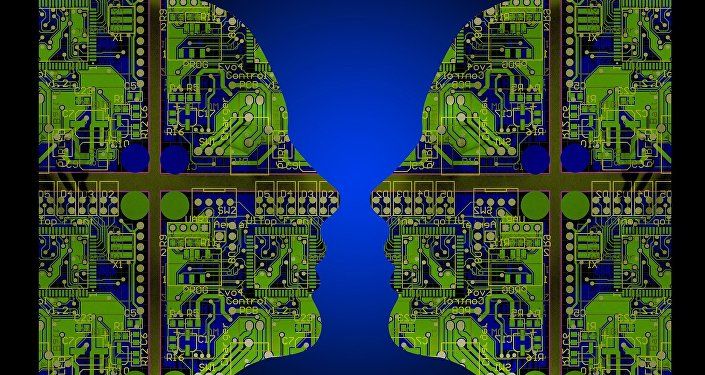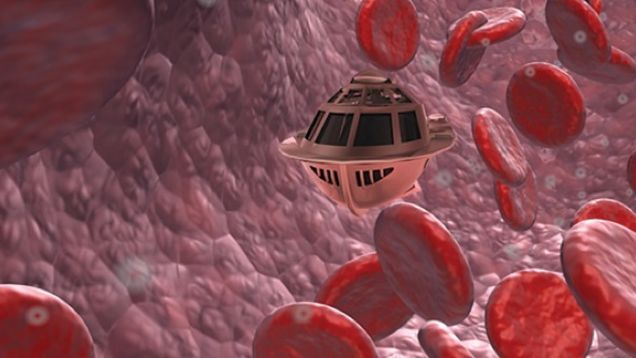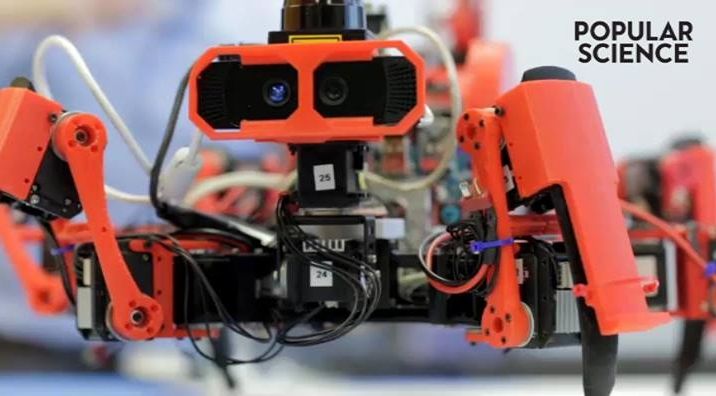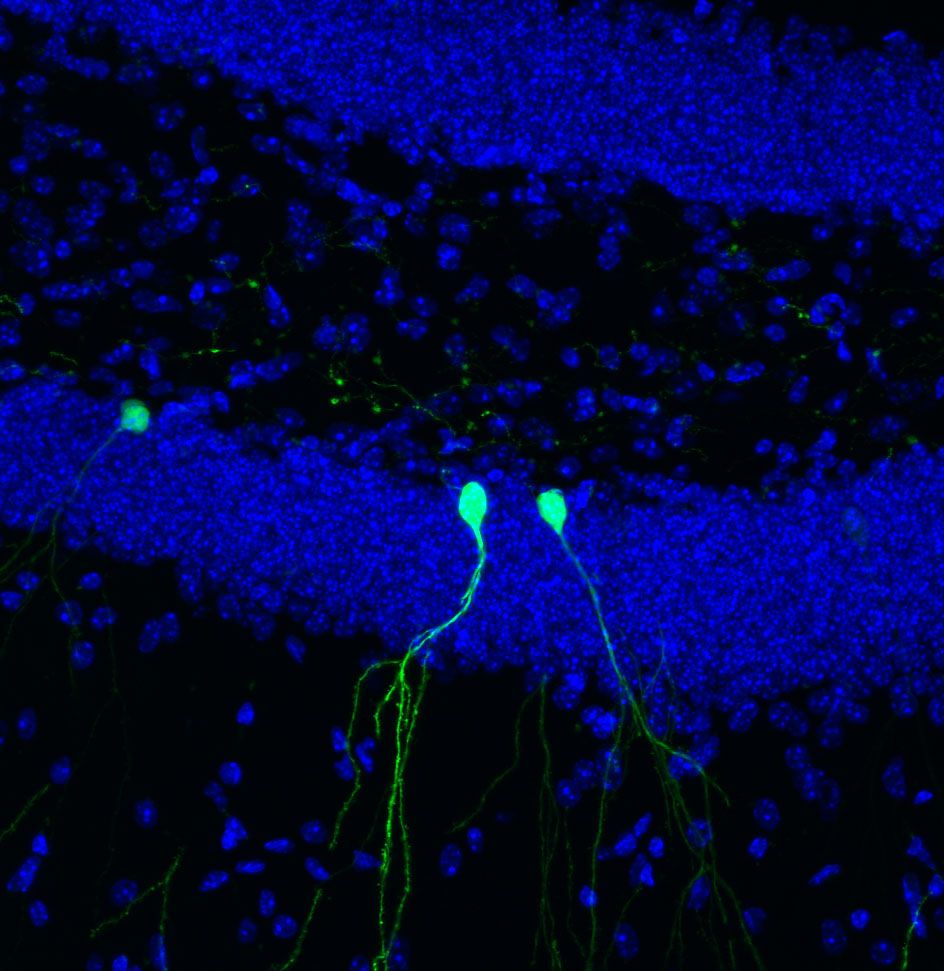Page 10696
May 2, 2016
‘Green Goblin’ hoverboard flies into record books with incredible stunt (VIDEOS)
Posted by Dan Kummer in category: transportation

The world record for the greatest distance traveled on a hoverboard has been smashed by a Frenchman doing his best impression of Spider-Man villain, the Green Goblin.
TrendsViral
May 2, 2016
Artificial Intelligence Now Decides Targets on US Aegis Ships
Posted by Dan Kummer in categories: military, robotics/AI
Deputy Defense Secretary Bob Work said that Artificial Intelligence had already taken over defense targeting decisions on Aegis missile warships of the US Navy.

© Photo: Pixabay.
May 2, 2016
The World’s Tiniest Light-Powered Engines Could Revolutionize Medicine
Posted by Sean Brazell in categories: biotech/medical, neuroscience
Nanomachines could revolutionize technology and modern medicine, if only we had viable power sources to make them move where we wanted them to go. Now scientists at the University of Cambridge have built the world’s tiniest engines, powered by light, as described in a new paper in the Proceedings of the National Academy of Sciences.
Dubbed “ANTs” (for actuating nano transducers), these itsy-bitsy devices could one day realize the vision of the 1966 classic film Fantastic Voyage, in which a miniaturized submarine crew travel through the body of an injured scientist to repair a blood clot in his brain—except there would be no need for shrunken human pilots. Like real ants, these nano engines can produce very large forces relative to their weight, according to lead researcher Jeremy Baumberg.
It works a bit like a spring mechanism. At the heart of the device are lots of charged gold nanoparticles, held together by a polymer gel that responds to changes in temperature. The gel is heated by zapping it with a laser. The polymer gel responds by expelling all its water in a fraction of a second and collapsing, much like coiling a spring. This stores elastic energy as the gold nanoparticles are smushed together into tight clusters.
Continue reading “The World’s Tiniest Light-Powered Engines Could Revolutionize Medicine” »
May 2, 2016
Watch the Smallest Nuclear Explosion With Bobby Kennedy
Posted by Sean Brazell in category: military

Yeah, nuclear mortar. GREAT idea, that. lol wink
The Davy Crockett nuclear weapon was carried by a jeep and operated by a three-man crew.
Continue reading “Watch the Smallest Nuclear Explosion With Bobby Kennedy” »
May 2, 2016
Spider Bot 3D Printers
Posted by Magaly Santiago in categories: 3D printing, robotics/AI
May 2, 2016
That time a bot invaded Thingiverse and created weird new 3D objects
Posted by Karen Hurst in categories: cybercrime/malcode, robotics/AI
I guess this falls into those code bugs in AI that Google’s Vint Cerf has stated his own larger concer around AI.
Some called it art, some called it spam—and some thought it might be a new life form.
May 2, 2016
Adult brain prunes branched connections of new neurons
Posted by Karen Hurst in categories: biotech/medical, genetics, life extension, neuroscience
When tweaking its architecture, the adult brain works like a sculptor—starting with more than it needs so it can carve away the excess to achieve the perfect design. That’s the conclusion of a new study that tracked developing cells in an adult mouse brain in real time.
New brain cells began with a period of overgrowth, sending out a plethora of neuronal branches, before the brain pruned back the connections. The observation, described May 2, 2016 in Nature Neuroscience, suggests that new cells in the adult brain have more in common with those in the embryonic brain than scientists previously thought and could have implications for understanding diseases including autism, intellectual disabilities and schizophrenia.
“We were surprised by the extent of the pruning we saw,” says senior author Rusty Gage, a professor in Salk’s Laboratory of Genetics and holder of the Vi and John Adler Chair for Research on Age-Related Neurodegenerative Disease.
May 2, 2016
Cognitive-behavioral therapy may help reduce memory problems in cancer survivors who have received chemotherapy
Posted by Karen Hurst in categories: biotech/medical, neuroscience
A new analysis indicates that a type of psychotherapy delivered by videoconference may help prevent some of the long-term memory issues caused by chemotherapy. Published early online in CANCER, a peer-reviewed journal of the American Cancer Society, the findings point to a noninvasive way to help cancer survivors manage some of the negative effects of their treatment.
It’s estimated that approximately half of cancer patients who receive chemotherapy develop long-lasting changes in memory function such as trouble remembering conversational content or steps in a task. While the memory problems tend to be mild, they diminish quality of life in areas of job performance and family and social life well beyond cancer treatment. The causes of this problem and reasons why it does not affect every survivor remain unknown, and there is currently limited research on treatments for it.
A team led by Robert Ferguson, PhD, who is currently at the University of Pittsburgh Cancer Institute but was at the Eastern Maine Medical Center and Lafayette Family Cancer Center in Bangor, Maine, while conducting this research, developed a cognitive-behavioral therapy called “Memory and Attention Adaptation Training” (MAAT), which helps cancer survivors to increase awareness of situations where memory problems can arise and to develop skills to either prevent memory failure or to compensate for memory dysfunction.
May 2, 2016
FDA new sheriff in town in Silicon Valley
Posted by Karen Hurst in categories: biotech/medical, health
Silicon Valley’s newest valley member; wonder if Google or eBay will send a “Welcome Basket” to the FDA?
Helmy Eltoukhy’s company is on a roll. The start-up is a leading contender in the crowded field of firms working on “liquid biopsy” tests that aim to be able to tell in a single blood draw whether a person has cancer.
Venture investors are backing Guardant Health to the tune of nearly $200 million. Leading medical centers are testing its technology. And earlier this month, it presented promising data on how well its screening tool, which works by scanning for tiny DNA fragments shed by dying tumor cells, worked on an initial group of 10,000 patients with late-stage cancers.
Continue reading “FDA new sheriff in town in Silicon Valley” »














